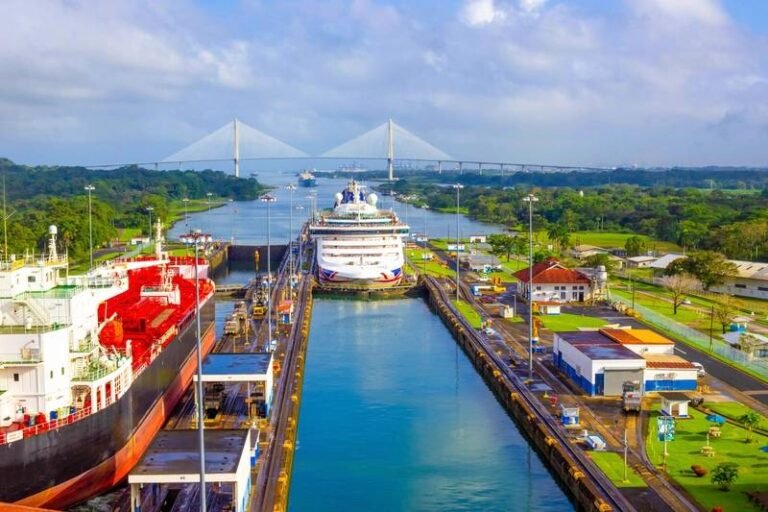Understanding the Controversy Surrounding the Panama Canal Neutrality Treaty
As tensions rise between the United States and Panama over the Panama Canal, a nearly half-century-old treaty is at the center of the debate. The 1977 Panama Canal Neutrality Treaty, which guarantees the canal’s neutrality and open access to all nations, has become a point of contention for U.S. lawmakers and officials.
The Panama Canal, a strategic waterway that connects the Atlantic and Pacific Oceans, has been a crucial trade route since its construction by the U.S. in 1914. After its return to Panama in 1999, the canal has been managed by the Panama Canal Authority, ensuring its neutral operation.
President Trump’s Claims and Threats
President Donald Trump has raised concerns about Chinese involvement in the canal’s operations, falsely claiming that China is in control. He has criticized the presence of Chinese companies in Panama and the canal’s tolls, prompting threats to reclaim the waterway.
During a Senate hearing, Federal Maritime Commission Chairman Louis Sola suggested potential reviews of Panama’s maritime sector, citing security risks posed by Chinese contractors building a new bridge over the canal. The U.S. has expressed worries about Chinese influence on both ends of the waterway.
Debating the Treaty’s Implications
While some U.S. officials argue that Panama’s engagement with Chinese companies violates the neutrality treaty, others question the legitimacy of using the treaty as a basis for intervention. The treaty guarantees the canal’s security and open access, with provisions for U.S. military defense if needed.
Concerns have also been raised about Panama’s toll increases, with U.S. officials claiming that American vessels are disproportionately affected. However, the canal’s tolling system is based on vessel types and sizes, with fees applied fairly to all ships regardless of flag or origin.
Looking Ahead
As the debate unfolds, Panama’s President Jose Mulino has firmly stated that the canal belongs to Panama and ruled out negotiations over its ownership. The U.S. Secretary of State’s upcoming visit to Panama signals ongoing discussions to address the escalating tensions.
With the canal’s vital role in global trade and security, finding a resolution that respects the treaty’s principles while addressing concerns about Chinese influence and toll fairness will be crucial for maintaining stability in the region.
Sources: Reuters, Panama Canal Authority

